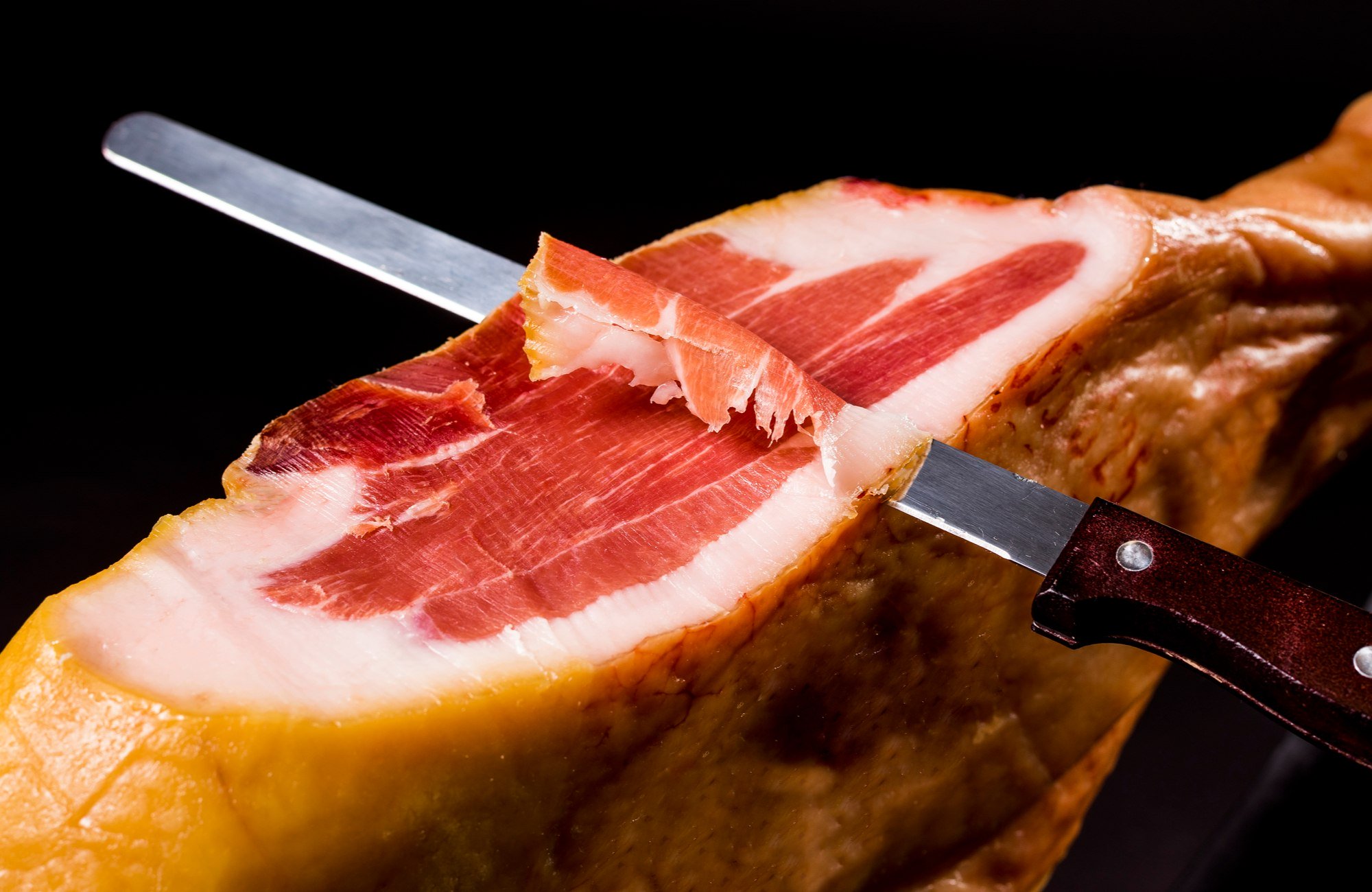It’s my 51st and I am happy to say that I have not died, even once, of food poisoning or other food-related illnesses. I can safely assert the same of anyone reading this, despite recent government shutdowns that disrupted food safety inspections. Many people believe we need government inspectors to keep the food supply safe, but they are full of it, and I don’t mean linguine with clam sauce.
Modern America’s relative food safety is a function of wealth/technology and Stringhamian private governance, with a thin veneer of government thrown on top. Most food inspection in this country is private and starts, or rather ends, in the home.
Individuals naturally inspect food before they shove it down their own gullets, or those of loved ones. The cheaper food is and the wealthier we are, the more persnickety we can afford to be. Back in the bad old days, humans canned, salted, smoked, or otherwise preserved what they could and seasoned up or cut around the inevitable bad parts. Sometimes they pushed it too far and paid for it with their lives, though of course bad water killed far more people.
Today, for most of us, if it is brown and supposed to be green, or green and supposed to be brown, we don’t eat it. If we can’t remember preparing it and found it at the back of the fridge in the garage, we don’t eat it. If it might have touched raw chicken juice, out it goes. If the kids call it a science experiment and flee its very presence, we don’t eat it. If it is a month past its expiration date, and slimy, or looks like it could be used to make penicillin, we don’t eat it. Heck, we won’t even feed it to our dogs. Food is so cheap today I know people who throw out iceberg lettuce because of a recall on romaine.
True, some of us will still eat from below the rim or even dumpster dive but that is due to freeganism, or gluttony in the case of George Costanza, and misheard lyrics in the case of Sia, who actually hit the dance floor, not the dumpster. But most trash-phagia is the lamentable result of the federal government’s proven inability to reduce poverty through centralized planning.
As John Oliver recently showed, most of the food that ends up in American dumpsters was perfectly safe before being thrown in and was not shared with the poor due to dumb laws.
Well before food enters our mouths, food companies, from canners to restaurants, do everything they can to ensure food safety, not for the sake of their customers per se, but for their own sake. They are not in the business of selling life annuities so they don’t want to kill their customers, make them sick, or even leave a bad taste in their mouths. To businesses that do not have the requisite knowledge or procedures in-house to ensure safety, companies like Intertek will sell their safety expertise, which extends from “farm to fork.”
Markets are not as good at handling longer term health risks from carcinogens, lead, mercury and so forth, or whenever causal connections can be disputed. For example, some people claim that the seemingly sudden rise in gluten allergies is actually a reaction to wheat farmers spraying glyphosate (Roundup) on their fields to ripen the crop faster. The National Wheat Foundation says that the practice is safe and barely used anyway. And who could forget the hubbub over finely textured beef, a.k.a. pink slime, or the stalling tactics of Big Tobacco? When the connections between food and sickness are clear, though, markets are super.
But what about Upton Sinclair’s The Jungle? Surely that proved that government inspectors are needed lest we inadvertently eat rat turds and (gulp!) people parts. For starters, although Sinclair was a muckraking journalist, his book was a novel, a work of fiction, not a vetted piece of journalism.
The Jungle created a public outcry over food safety, with the socialist Sinclair famously quipping that he had aimed at Americans’ hearts but accidentally him them in the stomach instead. The hue and cry over the novel spawned America’s needlessly complicated modern food safety inspection system, which, as it turns out, hardly does anything, and does not even do that well. Much as with the Securities and Exchange Commission and other regulators, Oz-like smoke and mirrors, combined with the vague but powerful threat of an angry Leviathan, may prevent the worst abuses, but the government is not responsible for the general level of food safety America has achieved.
But what about local restaurant health inspectors? Surely they are indispensable public servants saving us all from dining on sundry dangerous grossities. Turns out, not so much. Oh, they show up twice a year and look at basic stuff but many restaurants, especially the large chains, hire private inspectors like EHA Consulting or Berger Food Safety Consulting to show up four or more times a year to conduct much more in-depth surprise “audits” that take several hours. The private inspectors help the chains to reduce principal-agent problems and also to ensure that the easier government inspections are passed with flying colors.
Of course, the world remains an imperfect place and even Americans, about 3,000 annually, die from nasty food-borne critters. Many, many more get sick but the incidence is extremely low given that Americans consume roughly 360 billion (3 times 365 times 330 million) meals per year. Moreover, both mortality and morbidity figures would be much higher if Americans really did leave something as fundamental as food safety to government bureaucrats.
Robert E. Wright is the Nef Family Chair of Political Economy at Augustana University in Sioux Falls, South Dakota. He is the author of 18 books, including a new book on financial exclusion published by AIER.
This article was sourced from AIER.org
 By
By